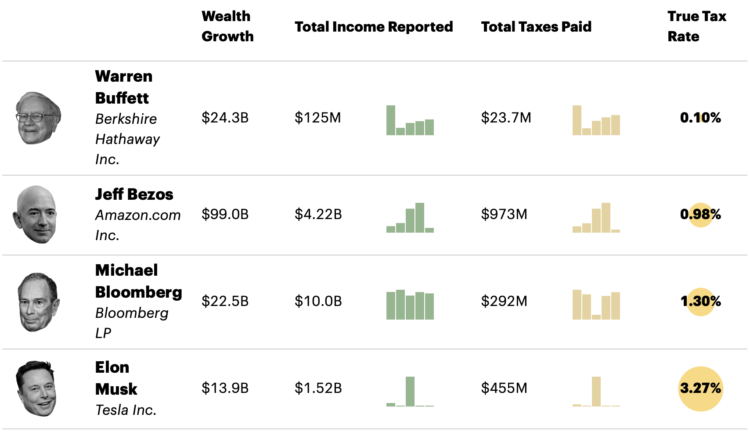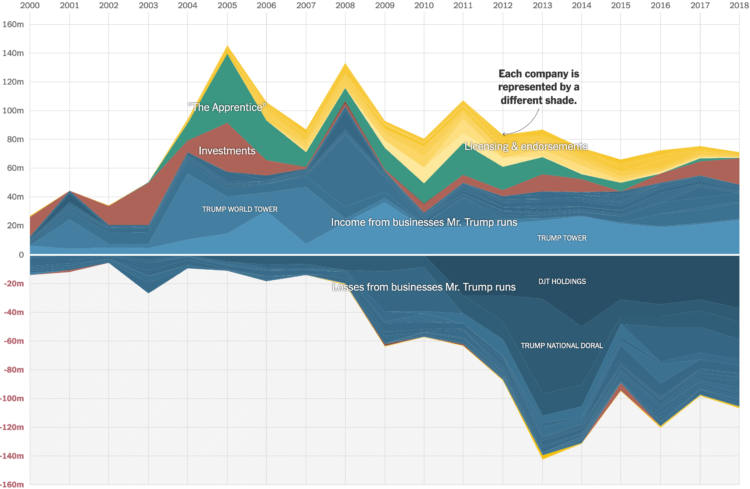Taxes are due today in the U.S. (yay). Geoffrey A. Fowler for The Washington Post on the part when tax services like TurboTax and H&R Block ask for your data:
What he discovered is a little-discussed evolution of the tax-prep software industry from mere processors of returns to profiteers of personal data. It’s the Facebook-ization of personal finance.
America’s most-popular online tax-prep service, Intuit’s TurboTax, also asks you to grant it additional access to the data in your return to “enrich your financial profile, communicate with you about Intuit’s services, and provide insights to you and others.”
[…]
The good news is because of Internal Revenue Service rules, this is one data request you can actually say “no” to while continuing to do your taxes online. And if you already clicked “agree” and now have changed your mind, there are some steps you can take, too.
Tags: privacy, taxes, Washington Post








